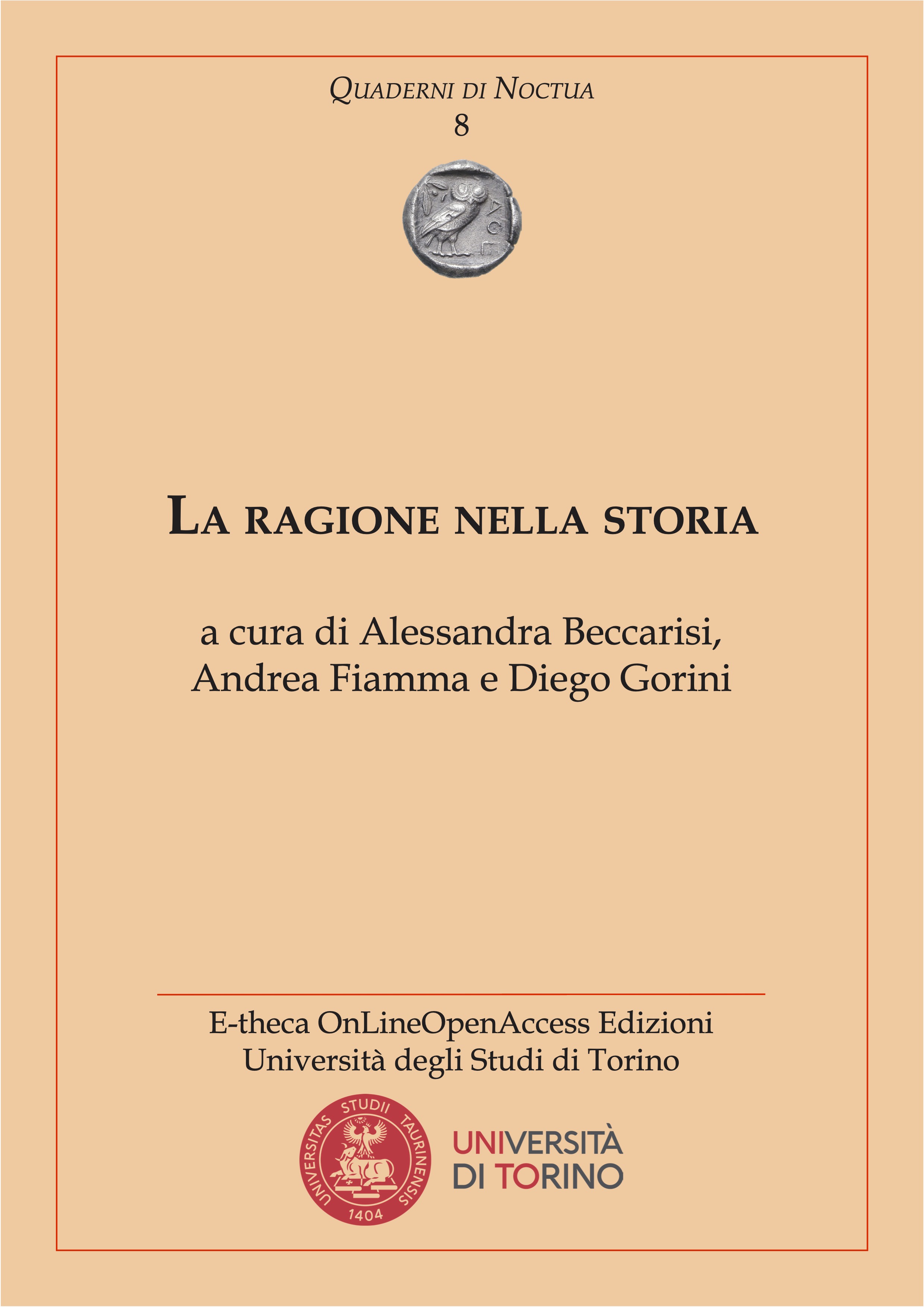Reason and Rationality in Arabic-Islamic Cosmology. The Case of the On the Governments of the Celestial Spheres (Fī l-tadbīrāti al-falakiyya)
DOI:
https://doi.org/10.14640/QuadernidiNoctua8-1Keywords:
divine power (al-quwwa al-ilāhiyya), Kindī-circle, Alexander, Arabic Aristotelianism, emanationism, cosmological governanceAbstract
Alexander of Aphrodisias (2nd–3rd century CE), a key figure in Hellenic philosophy, influenced Arabic-speaking thinkers through two distinct interpretations: a Neoplatonized Aristotelianism and a faithful Peripatetic approach. In the treatise entitled Fī l-tadbīrāt al-falakiyya (On the Governments of the Celestial Spheres), he explores themes like good arrangement (al-sharḥ wa-l-niẓām), reason (naṭīq), and the rational soul (al-nafs al-nāṭiqa). These concepts frame the emanative process where the First Cause creates and governs the cosmos. Nature, embodying divine power, compensates for human imperfections with the rational soul while maintaining cosmic harmony. This study highlights key passages, illustrating Alexander Arabus’ contribution to Arabic Aristotelianism.
Downloads
Published
Issue
Section
License
Copyright (c) 2025 Giulio Navarra

This work is licensed under a Creative Commons Attribution 4.0 International License.
Noctua pubblica contributi Diamond Open Access secondo i termini della licenza CC BY / Noctua publishes Diamond Open Access contributions under the terms of the CC BY license.






